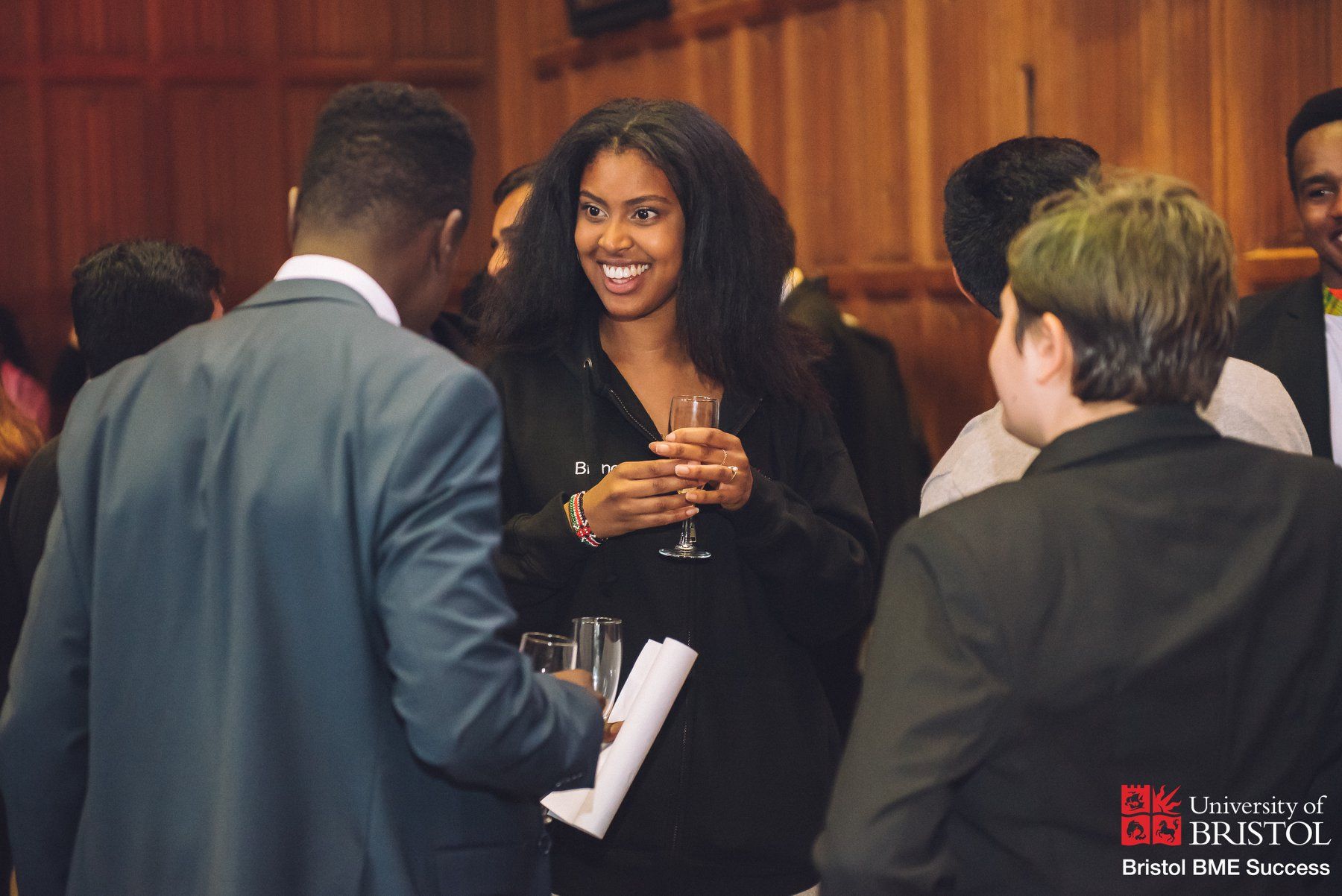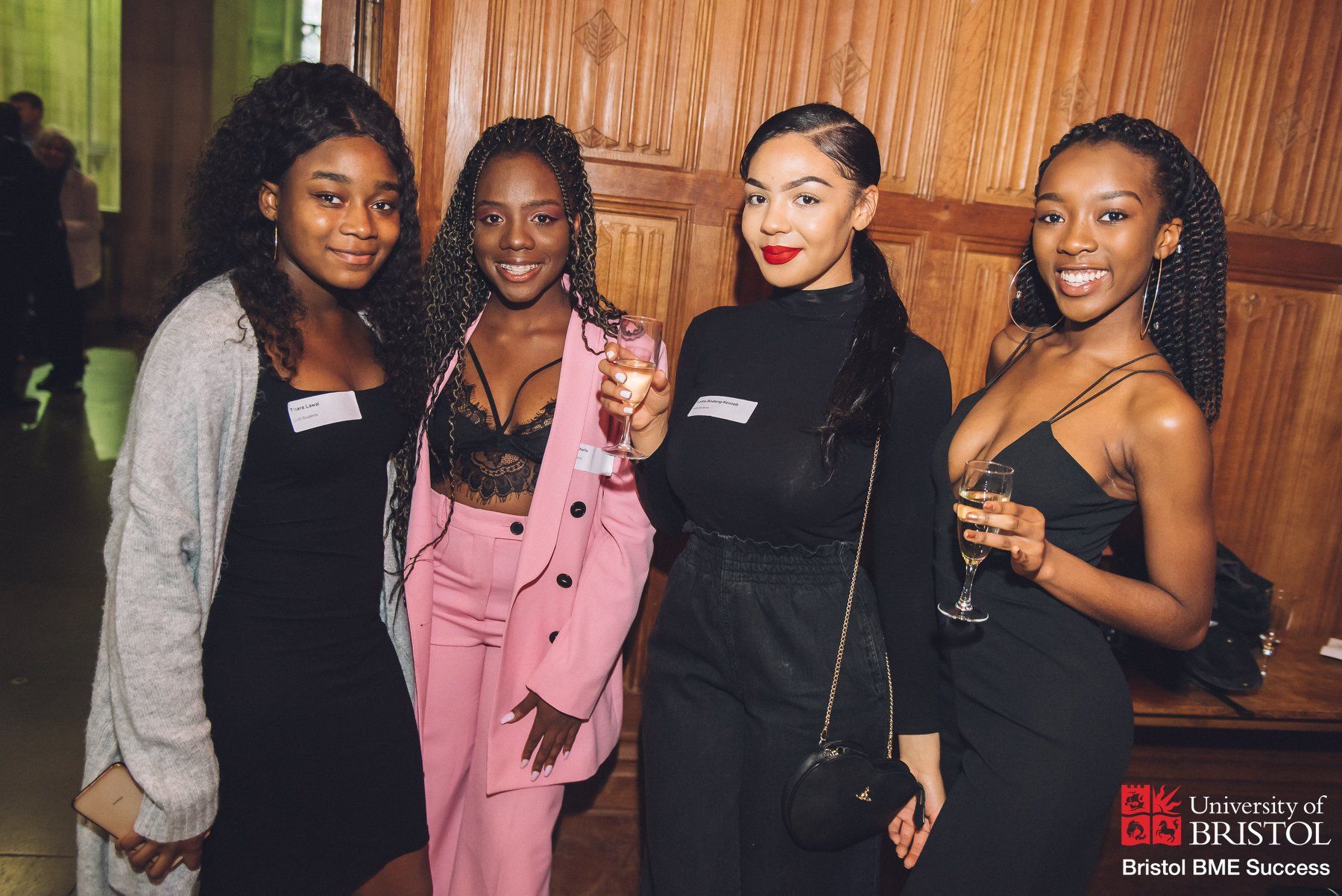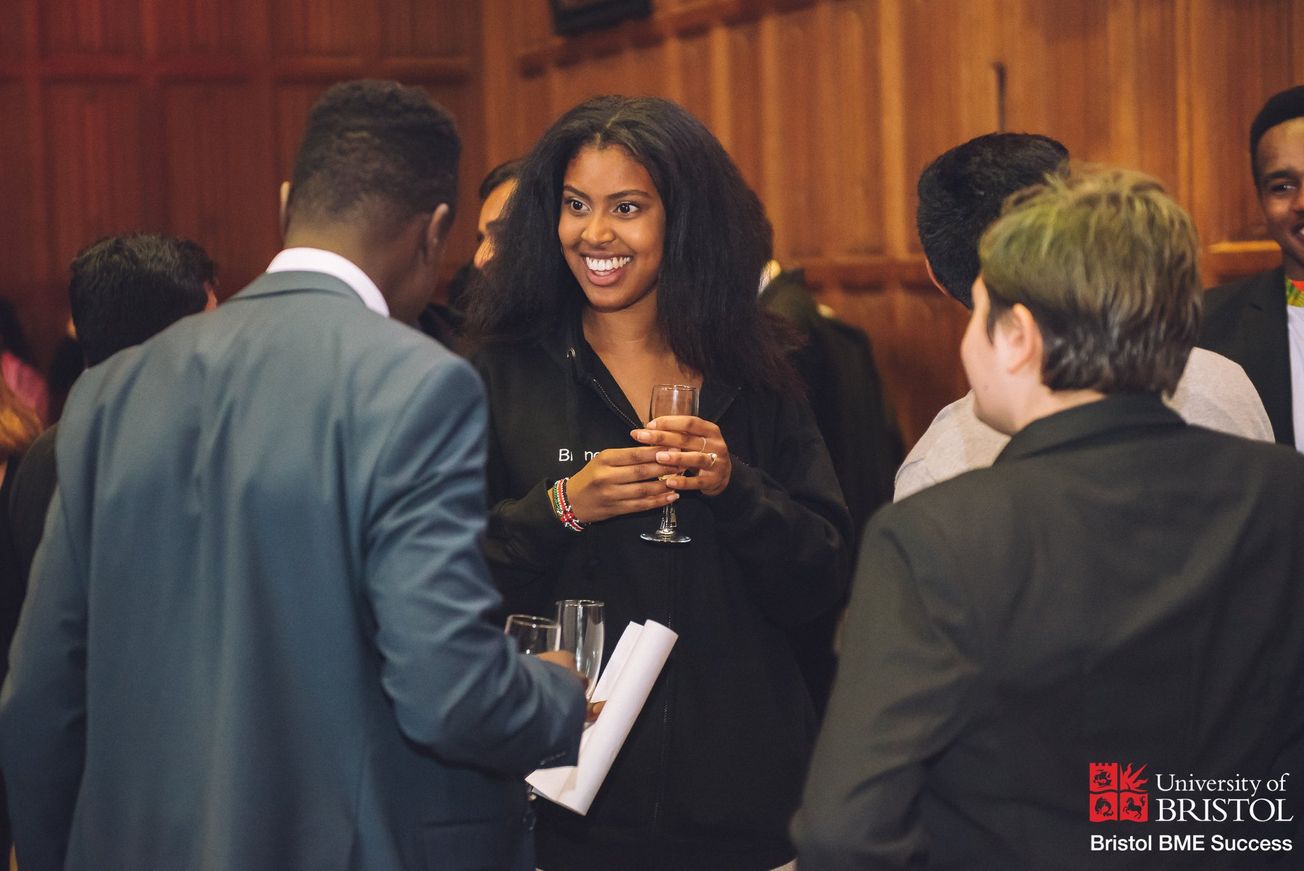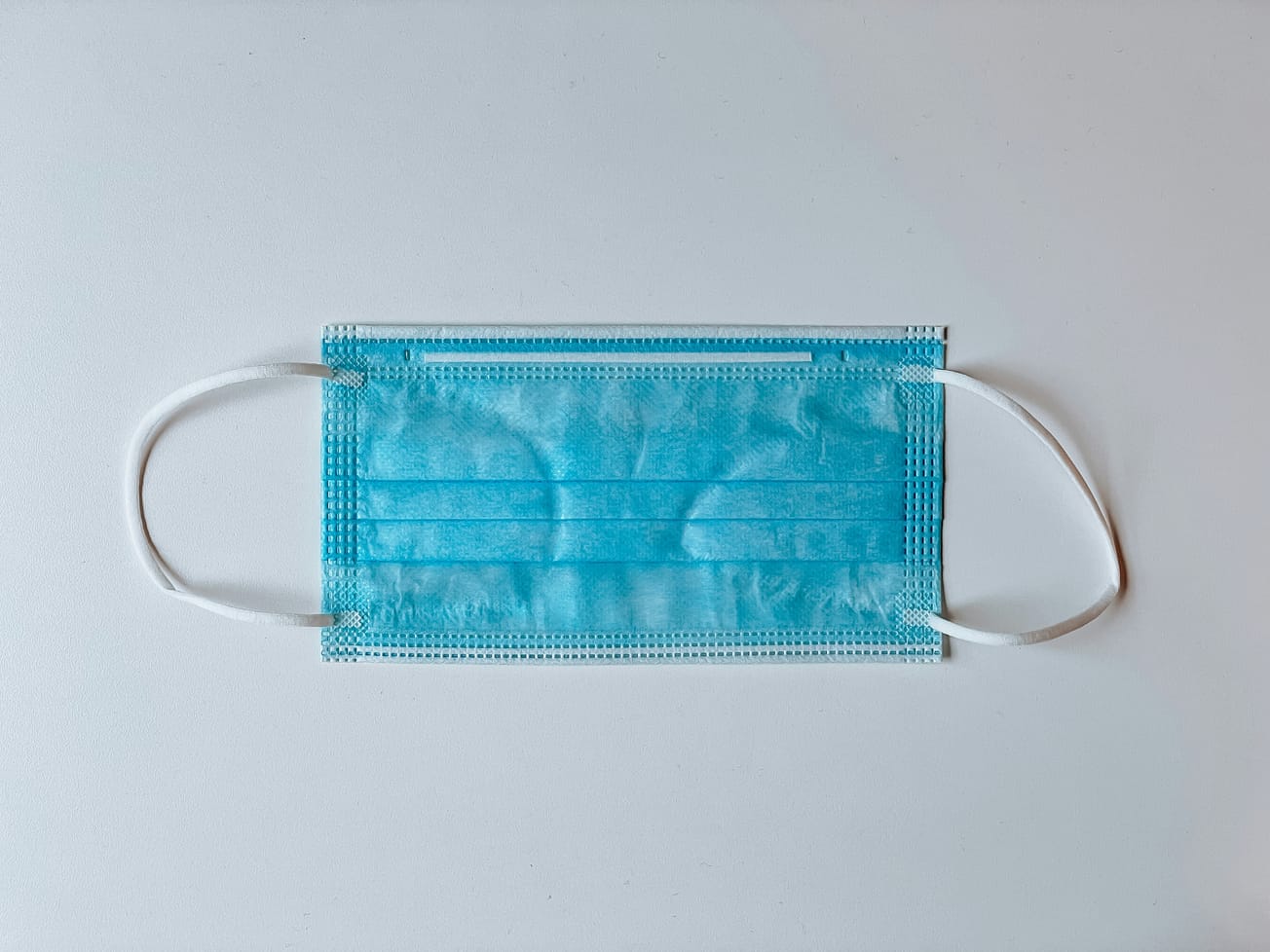By Elsie Aluko, Second Year Physics
In May of 2019 the University launched the official BME Success Advocates programme. Their aims are to understand and reflect on the challenges BME students face through collaboration with both students and staff. They hope to generate new discussions around inclusion and bolster minority voices.
The term ‘colour blind’, an existing and legitimate condition that affects one’s ability to properly distinguish colour, is more recently a popular defence for why a person cannot be a propagator of racism. ‘I don’t see race!’ and ‘I don’t care if you’re black, white or purple!’ may also be familiar phrases to some of us.
It is often true that on an individual level, a direct symptom of benefiting from privilege is being blind to it. Unfortunately, as we do not exist in a society that is sight impaired, institutional discrimination and racism do exist and the first necessary step to fostering any kind of positive change, is accepting and recognising this.
The University of Bristol are making a point of tackling the effects of racial inequality. The BME Success programme, which launched earlier this year, is a culmination of research, activism and funding carried out by individuals and the University, to contribute to the solution.
The disparity in the degree outcomes of white students compared to their BME counterparts is a well-documented sector wide issue. In the 2017, 79.2 per cent of white UoB students were awarded with a 2:1 or higher compared to 66 per cent of BME students and 55 per cent of black students.
In February 2017, the then Equality, Liberation and Access Officer, Hannah Dualeh, commissioned the BME Attainment Gap Project which sought to ascertain the reasons for this gap at UoB through exploring student experiences.
The data from this project suggested that this gap was due to a lack of social and pastoral care that catered to the needs of BME students, and a sense of isolation and disconnect from the University which adversely affected academic performance.

Institutional discrimination and racism do exist and the first necessary step to fostering any kind of positive change, is accepting and recognising this.
To aid the response to these findings, the Success Advocates are current students employed by the University to engage with BME individuals and groups to provide students with a representative voice through which their views can be expressed, and their pastoral needs can be met.
There are three roles with different focuses. The ‘Reviewing’ team will work with the University at School or Faculty level to create initiatives to diversify the curriculum and our learning environments to greater engage BME students.
The ‘Belonging’ team’s aim is to engender a greater sense of belonging and aide in making BME student experience more inclusive through initiatives that promote visible role models, social equality and wellbeing. The ‘Events’ team will collaborate with Schools, Faculties and the SU to organise informative and engaging events throughout the academic year in partnership.
The Success Advocates are current students employed by the University to engage with BME individuals and groups to provide students with a representative voice.
While grouped under the umbrella term BME/BAME, it is recognised that the people this term describes are not one homogenous group, should not be treated as such, and have different experiences and outcomes within higher education. There are of course also other factors such as class, gender, sexuality etc that can affect one’s university experience and this intersectionality is reflected in the diversity among the newly designated advocates.

Racism is not confined to the overt incidents that make headlines and it often manifests itself in everyday situations.
Personally, I am looking forward to contributing to the progress this institution continues to make in my capacity as an Advocate, but there is a long way to go. As a black woman, coming to University here really made me confront race in a way I hadn’t previously, and adjusting to an entirely new environment - around people who, at times, were completely ignorant to the biases I face - was strenuous to say the least. The chance to contribute to a more cohesive and inclusive introduction into University life for other students through this role was a refreshing opportunity.
Racism is not confined to the overt incidents that make headlines and it often manifests itself in everyday situations, processes and behaviours. Institutions of higher education cannot and will not reach their full potential until all individuals, regardless of their ethnic backgrounds, are able to benefit equally from the opportunities provided.
Viable and meaningful solutions to racial inequality must focus on changing the intrinsic and sometimes ‘invisible’ culture of Institutions and that is what the BME Success Advocate programme aims to achieve. In short, the University of Bristol is proud to see, celebrate and uplift colour, and I am here for it!
Featured: Soul Media / Giulia Spadafora
What do you think about this new scheme?
To keep up to date with the work of the team and current events follow the BME Success Advocate FB page: @BristolBMESuccess and the Twitter account: @BMESuccess









